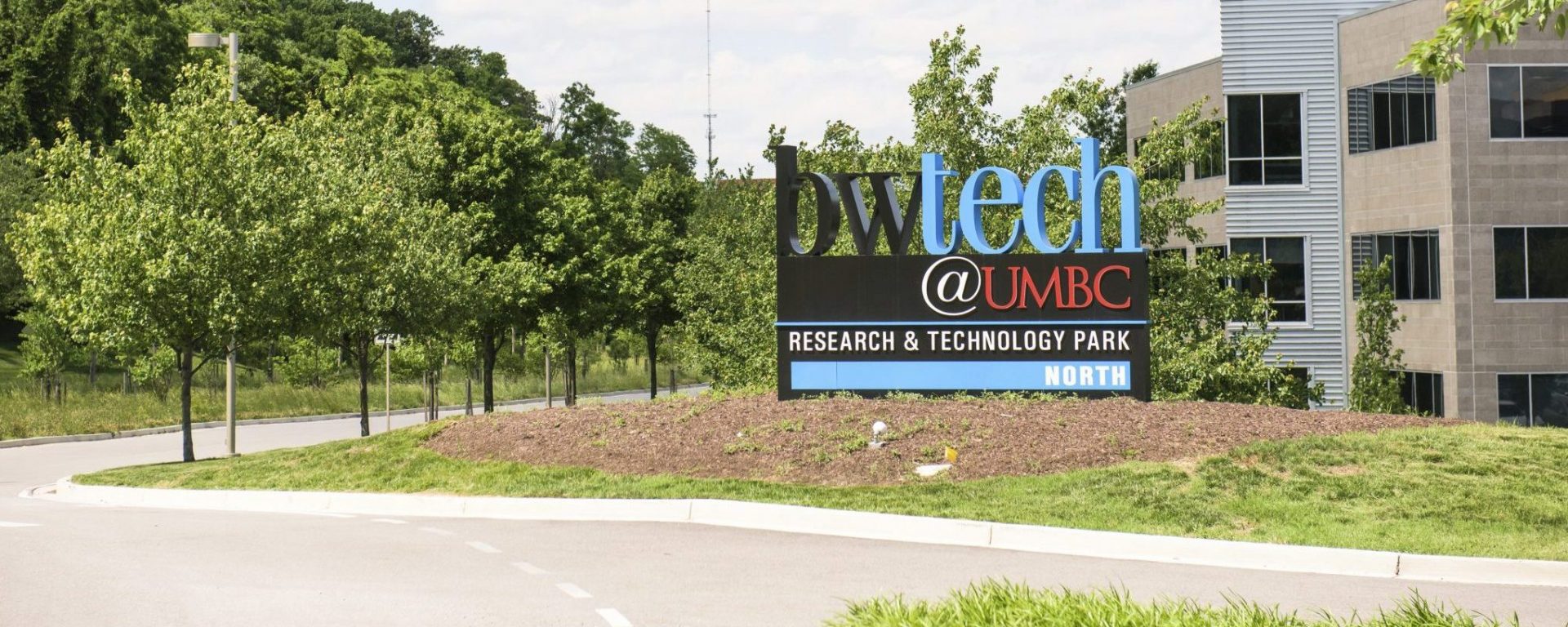Established in 1966, UMBC is now among the fastest-growing research universities in the Nation. UMBC was designated a Doctoral University with Very High Research Activity – also known as Carnegie R1 – in the 2022 Carnegie Classification of Institutions of Higher Education and reconfirmed in 2025, placing UMBC as one of 187 R1 institutions in the top 5% of universities in the Nation.
National Rankings
#1 in the nation for producing the most African American graduates who have gone on to earn MD-PhD degrees, according to the Association of American Medical Colleges (AAMC).
#1 baccalaureate origin institution in the nation for African American students between 2010 and 2019 who go on to earn Ph.D.s in the natural sciences and engineering, as well as doctorates in the life sciences, mathematics, and computer science, according to NSF-NCSES data.
#19 among the Nation’s “Most Innovative Schools” according to the 2025/26 U.S. News & World Report Best Colleges Guide of National Universities.
#35 for “Best Undergraduate Teaching” according to the 2025/26 U.S. News & World Report Best Colleges Guide of National Universities.
#63 among Public Schools and #127 among all National Universities, according to the 2025/26 U.S. News & World Report Best Colleges Guide of National Universities.
National rankings based on the 2024 NSF Higher Education Research and Development (HERD) Survey
- According to the most recently published FY 2024 NSF HERD Survey, UMBC is ranked at
- #99 in federal R&D expenditures among public institutions
- #115 in overall R&D expenditures among public institutions
- #143 in federal R&D expenditures among all US institutions
- #160 in overall R&D expenditures among all US institutions
- According to the FY 2024 NSF HERD Survey, among all US Colleges and Universities, UMBC is ranked at:
- #11 in annual NASA support
- #93 in annual USDA support
- #116 in annual NSF support
- #153 in annual DoE support
- #162 in annual DHHS/NIH support
- #168 in annual DOD support
- Across scientific disciplines, UMBC is ranked at:
- #33 in federal support for Geosciences, Atmospheric Sciences & Ocean Sciences
- #50 in federal support for Social Sciences
- #55 in federal support for Computer & Information Sciences
- #75 in federal support for Physical Sciences
UMBC’s faculty submitted about $350 million in extramural funding proposals and secured $153 million in new extramural awards during FY 2025. Campus-wide annual extramural R&D expenditures, as reported to the NSF HERD survey reached an all-time record of $186 million in FY 2025, including $112 million from federal funding sources.
More Research & Creative Achievement Facts
- UMBC’s key research themes focus on Environmental Resilience and Space Sciences, including Atmospheric Physics & Remote Sensing, Earth & Space Science & Technology, and Ecology & Remediation; on Quantum, AI, Data Sciences, and National Security, with special focus on Quantum Science and Big Data Analytics, Artificial Intelligence & Autonomy, and Cybersecurity; on Health and Life Sciences, including Biosciences & Bioengineering, Marine Biotechnology & Aquaculture, and State Health Policy; on Community, Equity and Social Justice, including Health Equity and Policy Studies, on History, Identity, and Society, with strengths in Archival Research, Culture, and History, as well as on Creative Engagement, with a focus on Intercultural Communication, Public Humanities & Art.
- UMBC is home to 594 full-time faculty plus 391 part-time faculty conducting instructional and research activities; supporting 13,530 enrolled students, including 2,443 graduate students (Status Fall 2025).
- UMBC is designated a Minority Serving Institution (MSI) by the U.S. Department of Education; it first received MSI status in 2017.
- UMBC’s NASA-funded collaborative centers with NASA Goddard Space Flight Center are the Goddard Earth Sciences Technology and Research (GESTAR II) Center, the Center for Space Sciences and Technology (CSST), and the Goddard Planetary Heliophysics Institute (GPHI). UMBC is ranked at #11 among academic institutions in the Nation in annual support provided by NASA, according to the current 2024 NSF Higher Education Research and Development (HERD) survey.
- UMBC is ranked #99 in federal research & development expenditures among public institutions, and #143 in federal R&D expenditures among public institutions, according to the current 2024 NSF Higher Education Research and Development (HERD) survey.
- UMBC is ranked #115 in overall research & development expenditures among all 639 US institutions surveyed, and ranked #160 in overall R&D expenditures, according to the current 2024 NSF Higher Education Research and Development (HERD) survey.
Faculty Recognition
- UMBC early career faculty members have secured 50 NSF CAREER Awards since 1995, including 14 since 2020. Recent recipients include six assistant professors in 2023: Mercedes Burns in Biological Sciences, Tyler Josephson in Chemical, Biochemical & Environmental Engineering, Deepak Koirala in Chemistry & Biochemistry, Chenchen Liu in Computer Science & Electrical Engineering, Deepa Madan in Mechanical Engineering, and Sanjay Purushotham in Information Systems. These six are joined by Lujie Karen Chen in Information Systems in 2024; Cynthia Matuszek in Computer Science & Electrical Engineering in 2022; Lauren Clay in Emergency Health Services and James Foulds in Information Systems in 2021; and three recipients in 2020: Naghmeh Karimi and Ramana Vinjamuri in Computer Science & Electrical Engineering, and Jianwu Wang in Information Systems.
- Two UMBC-affiliated researchers have received the prestigious Presidential Early Career Award in Science and Engineering (PECASE) awards – one from NSF in 2005 (Rachel Brewster, Biology) and one from NSA in 2014.
- UMBC’s Michael Summers, Robert E. Meyerhoff Chair of Excellence in Research and Mentoring, University Distinguished Professor of Chemistry and Biochemistry and one of only two Howard Hughes Medical Institute Investigators at a public university in Maryland, was elected to the National Academy of Sciences in 2016.
- UMBC is proud of its two Rhodes Scholars – Naomi Mburu in 2017 and Sam Patterson in 2020.
- UMBC is listed among the nation’s “Top 100 Public Universities,” according to Kiplinger’s list of Best Values in Public Colleges.
- UMBC’s Research Park – bwtech@UMBC – comprises 525,000 square feet, operates three incubators – focused on cybersecurity and technology & life sciences – houses over 110 companies providing over 2,000 direct jobs. About half of the companies at bwtech@UMBC are focused on the cybersecurity and IT domain.



